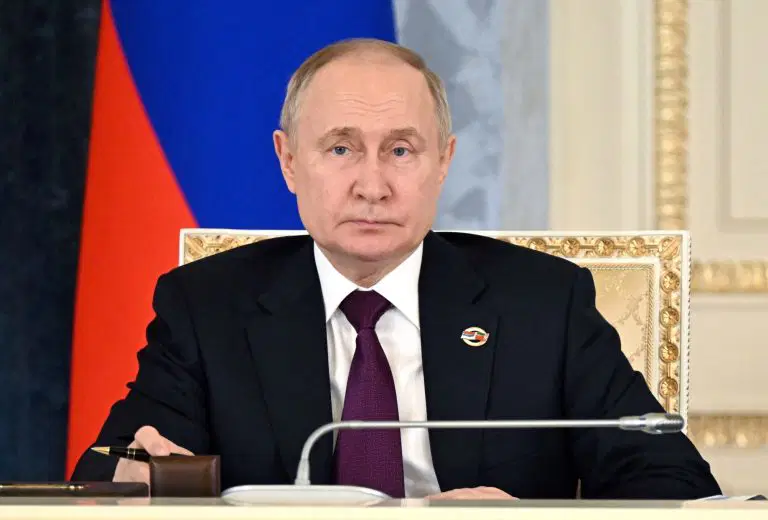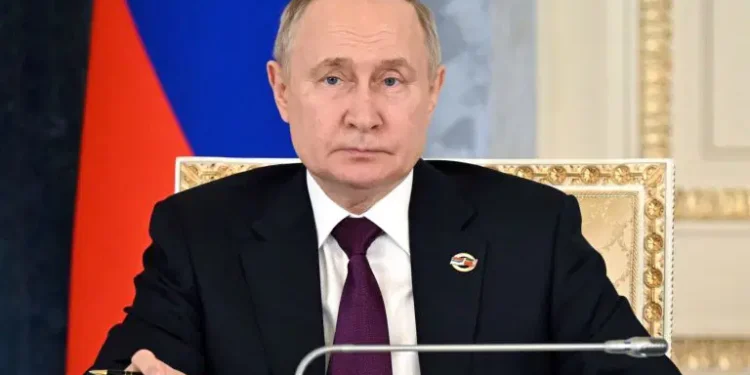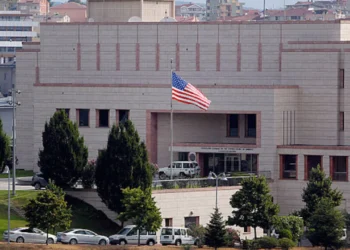In a significant development, Russian President Vladimir Putin has expressed his readiness to engage in discussions over the Ukraine conflict, potentially with U.S. President-elect Donald Trump. Speaking during his annual question-and-answer session on state television, Putin stated that Russia has “no conditions” for initiating talks with Ukrainian authorities and is open to negotiations and compromises. This marks a notable shift, raising hopes for a diplomatic resolution to the war that has gripped the region since 2022.
A Door Opens for U.S. Mediation
Putin emphasized his willingness to meet with Trump, describing the opportunity as a step towards exploring solutions. Trump’s reputation as a dealmaker supported by his book “The Art of the Deal” has fueled expectations that he could bring fresh ideas to the negotiating table. While Trump has promised a swift resolution to the conflict, he has yet to outline specific strategies for achieving peace.
Putin’s remarks suggest a willingness to work with international actors, potentially signaling a new chapter in U.S.-Russia relations as both nations aim to navigate one of the world’s most pressing geopolitical crises.

No Preconditions for Talks with Ukraine
In a gesture of potential reconciliation, Putin declared that Russia is prepared to negotiate with “anyone,” including Ukrainian President Volodymyr Zelenskiy. While acknowledging ongoing military advancements, he stressed that Russia seeks a long-lasting peace deal rather than a temporary truce.
“We have always said that we are ready for negotiations and compromises,” Putin remarked, adding that a sustainable agreement must involve Ukraine’s legitimate authorities. However, he clarified that any binding deal would require Zelenskiy to secure re-election to ensure its legal validity under Ukrainian law.
Revisiting the Istanbul Draft Agreement
Putin referenced a preliminary agreement reached between Russian and Ukrainian negotiators in the early weeks of the conflict during talks in Istanbul. Although the deal was never implemented, he suggested it could serve as a foundation for future discussions. Despite criticism from some Ukrainian politicians who view the draft as a capitulation, Putin argued that such frameworks are essential to achieving a durable peace.
A Glimmer of Hope Amid Ongoing Challenges
While significant hurdles remain particularly around territorial disputes and NATO-related concerns. Putin’s statements provide a glimmer of hope for de-escalation. His openness to dialogue, coupled with Trump’s impending presidency, could reinvigorate efforts to end a conflict that has caused immense human suffering and geopolitical instability.
The international community will undoubtedly watch closely as these developments unfold, cautiously optimistic that diplomacy might finally prevail.

















